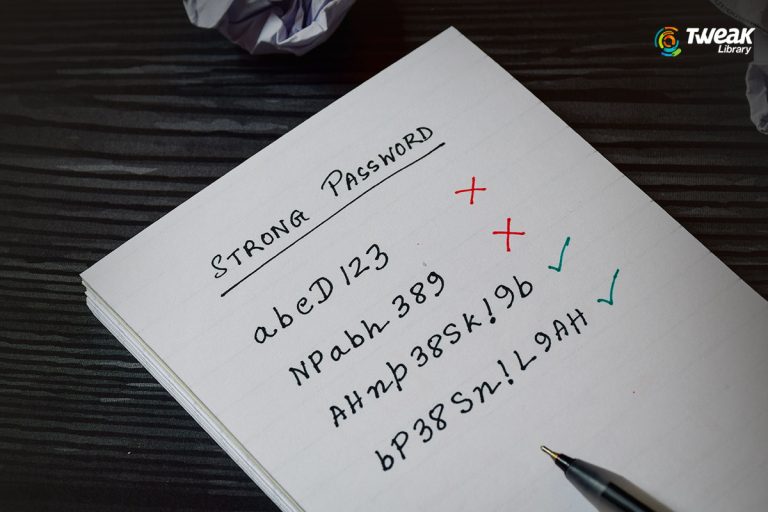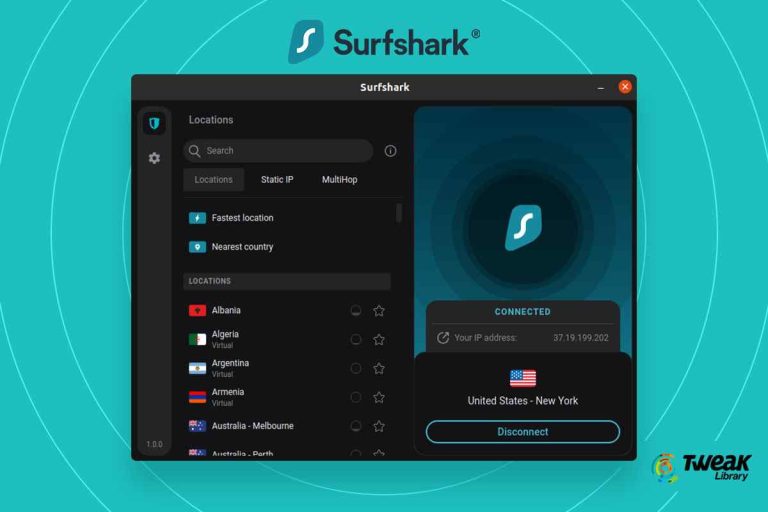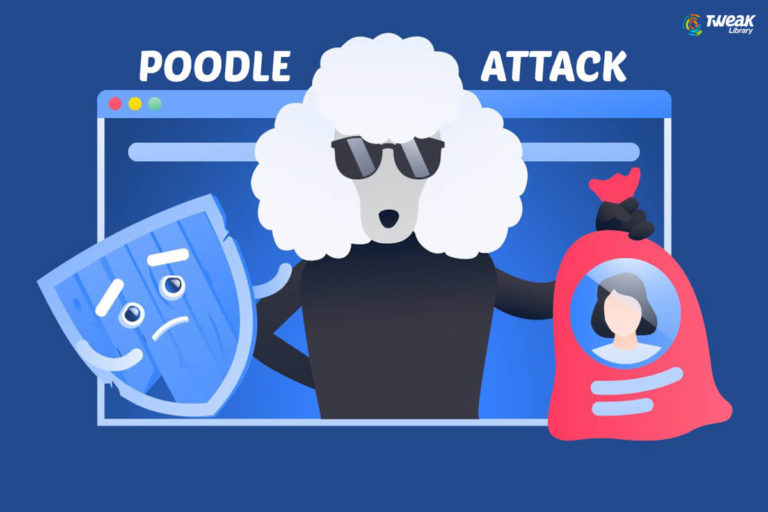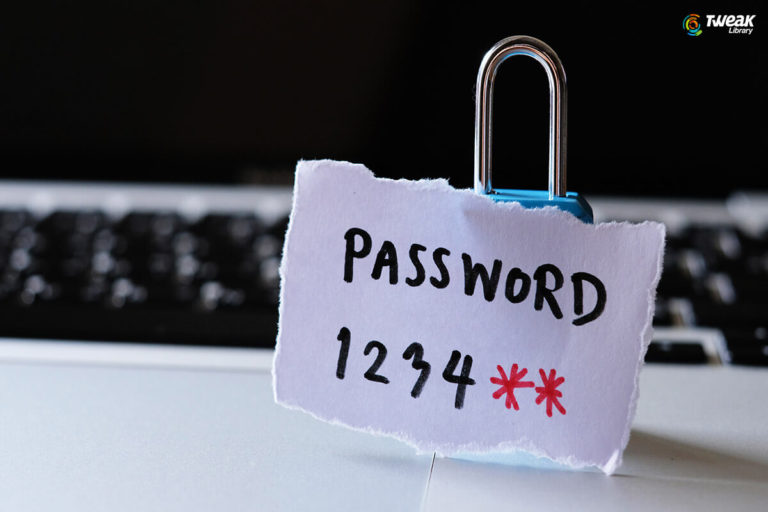There are different approaches that criminals use in order to attack user’s system, however, the most common attacks are Brute Force and Dictionary attack. It is a type of cybersecurity attacks which can be used to get into user’s computer and access their sensitive information for financial gain. Cybercriminals try to use various password by using passphrases till the time account is not unlocked. Brute Force Attack and Dictionary Attack are simple approaches that opens the doors for hackers.
Must Read: Alarming Cyber Security Facts and Stats – Infographic
Let’s take a look at Brute Force Attacks & Dictionary Attack and understand the difference between them. 
In Brute Force Attacks, cybercriminal uses special programs that help them use every possible combination of numbers, alphabets to guess the passwords. These tools are very useful for cracking storage passwords. Cybercriminals rely on Brute force password attack to guess the credentials which includes a special character and in form of symbols, numerical, and letters. As every password has vulnerabilities which makes them easy to hack. However, if the password is strong and long then it may take a little longer to crack.
Brute force password attack can guess the four-digit or small passwords within one minute, whereas it may take around one-hour time to guess six-character credentials. However, if a password is strong and has a combination of different characters then it may take a few days to crack the password. In Brute Force Password Attack, every fresh letter requires more time to discover the credential.

In Brute force password attack if the password is lengthy and contains different combinations of characters then hackers might need weeks or months to crack the password. The duration of the attack can be reduced if the cyber attacker is dedicatedly cracking the password and using the more computing power.
What Are Dictionary Attacks?
Cybercriminals uses every string available in a wordlist with the expectation and optimism that password can be gained from the prior website visits. These attacks are optimal for passwords which are based on easy words such as Longhorns. Moreover, the wordlist does not only contain English words, but it also contains common passwords as well such as itsme, iloveyou, 12345, name@123, 987654, allowme, etc. However, nowadays modern machine and admins doesn’t allow administrators and users to set simple passwords which can be guessed easily. Administrators and users need to set complex passwords which is not common like date of birth or phone number, but the combination of date of birth and phone number and other characters to prevent dictionary attack.
How to Prevent Yourself Dictionary attacks and brute force attacks?
It is always recommended to use powerful, lengthy and not easy to guess passwords, so the attacker will face difficulties while cracking it. However, users can also use other safety measures that can help users to stay safe, secure and protected.
Set A Lock to Access Accounts
You can set a lock account that will allow you to access your system after entering a lock combination. It can be a four-digit lock number to add additional security before attempting your logins. This will also avert other websites from triggering your defenses for accounts with reiterated fewer credential attempts and will prevent Dictionary attacks and brute force attacks.
Use New Passwords Every Time
Your system normally after a certain period ask you to change your password. Mostly it happens with the modern machine or it can be done voluntarily to ensure the safety. The organizations also set the password cycle which makes the users to change the password every three months or sometimes it can be two-one month according to the rules set by the firm. If you set the same password, then your system will ask you to use a new password with different letters to increase safety.
The method of changing a password frequently decreases the chances of getting hacked or cyber criminals need more time to guess the password and it will prevent Dictionary attacks and brute force attacks. When the user is using easy passwords like longhorns2019 and longhorns12345 then the attackers could hack your system within one minute. Also Read: 40 Most Common Cyber Security Terms That Everyone Should Know
Keep A Tap on Anomalies
Administrators and organizations also track and monitor irregularities and suspicious activities that occur on the systems. Anomalies can be a login from a new machine, location, multiple failures when login from another device. The firms should work with Security Operations Center which helps to locate the unauthorized access and regular login failures at the same time. It can prevent taking immediate actions such as blocking the IP address of the computer or locking the system and other vital access of accounts. It will prevent Dictionary attack and Brute force password attack
The Bottom Line
There is no software or program which is capable of giving a guarantee of security. However, by following the above guidance you can surely prevent yourself from Dictionary attacks and Brute force attacks. As precaution is better than cure, you can gain knowledge about the attacks and add an extra layer of security.









Leave a Reply